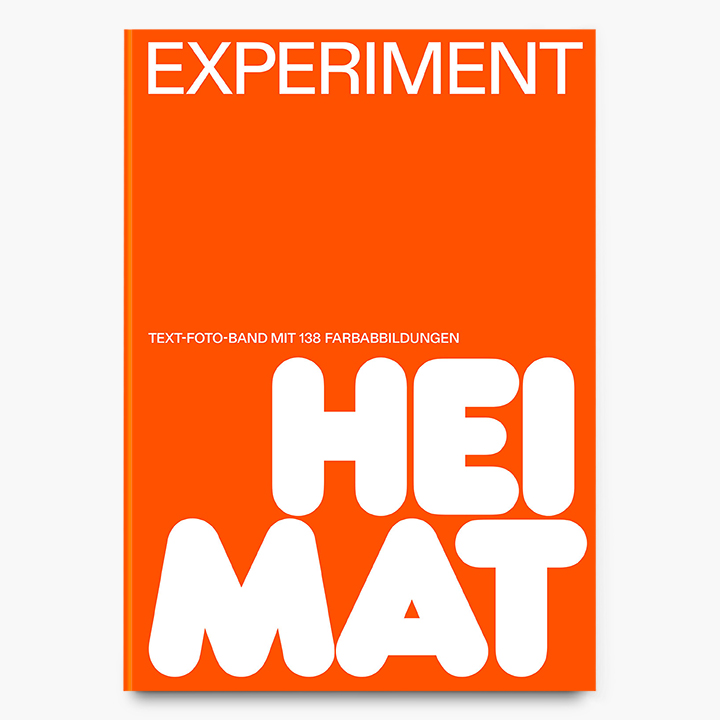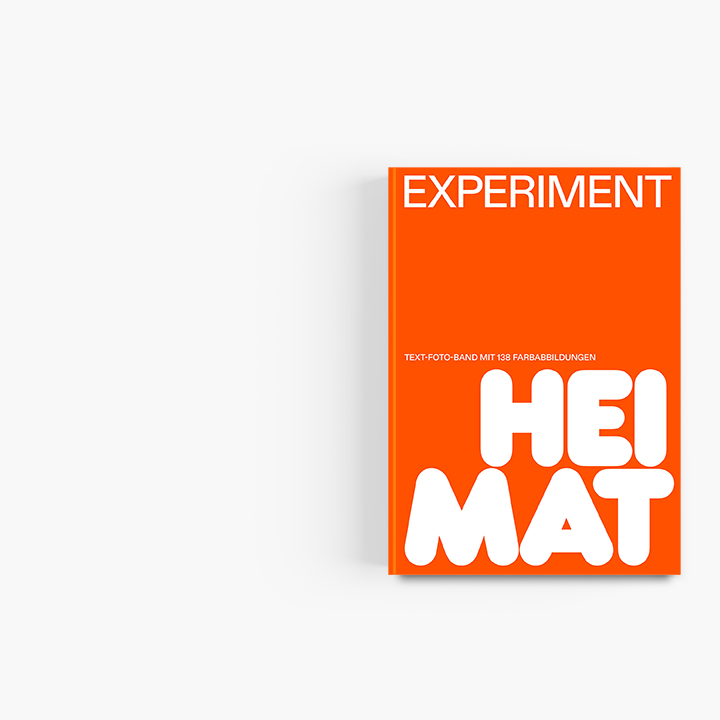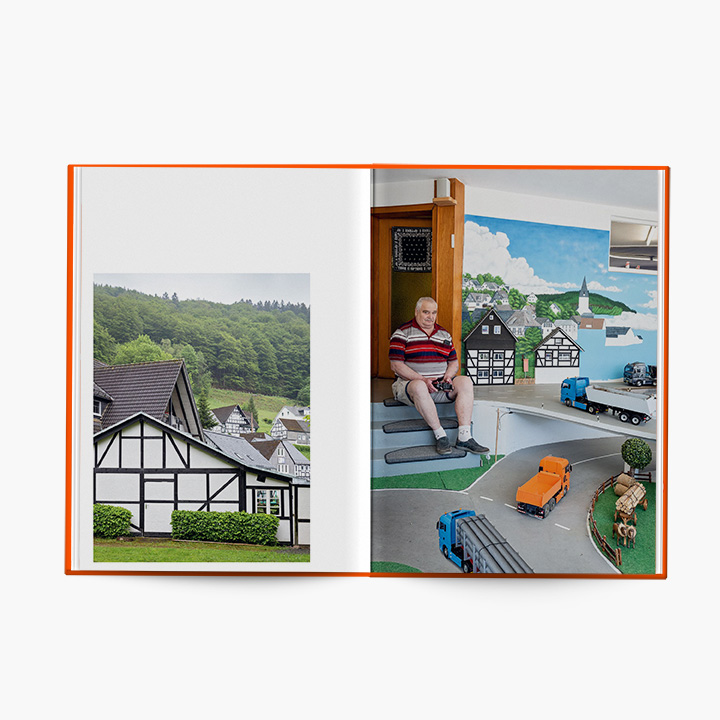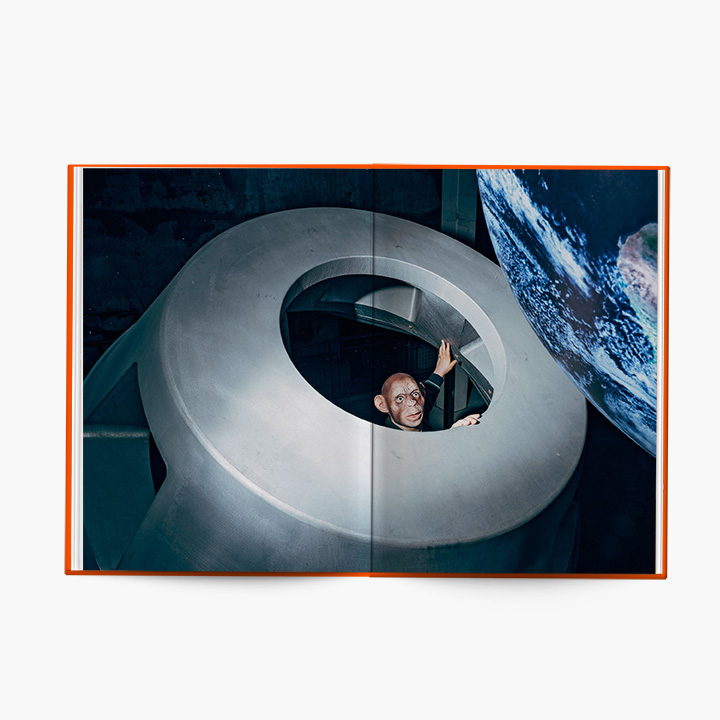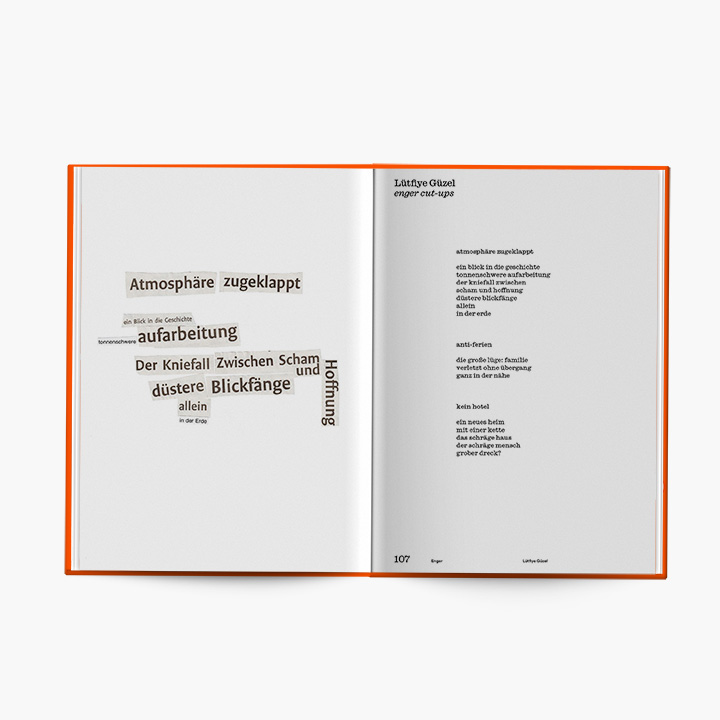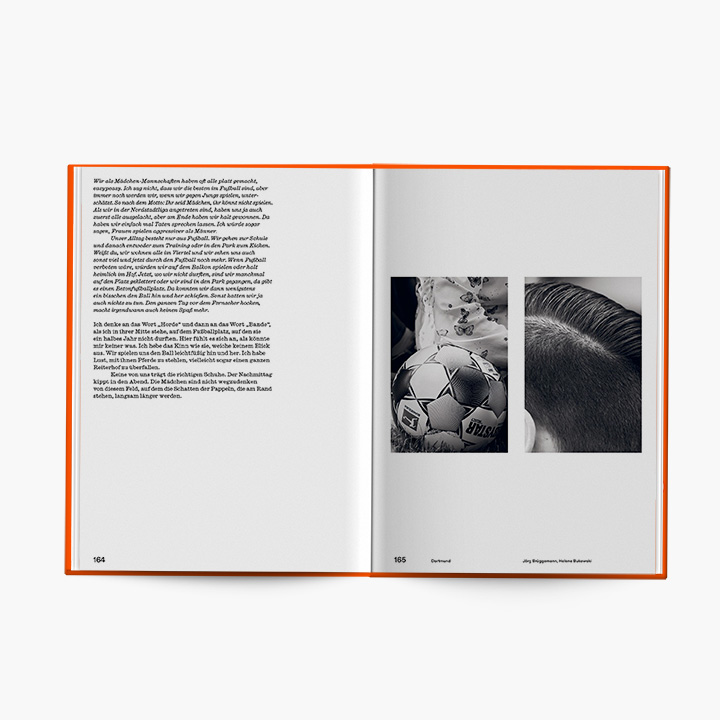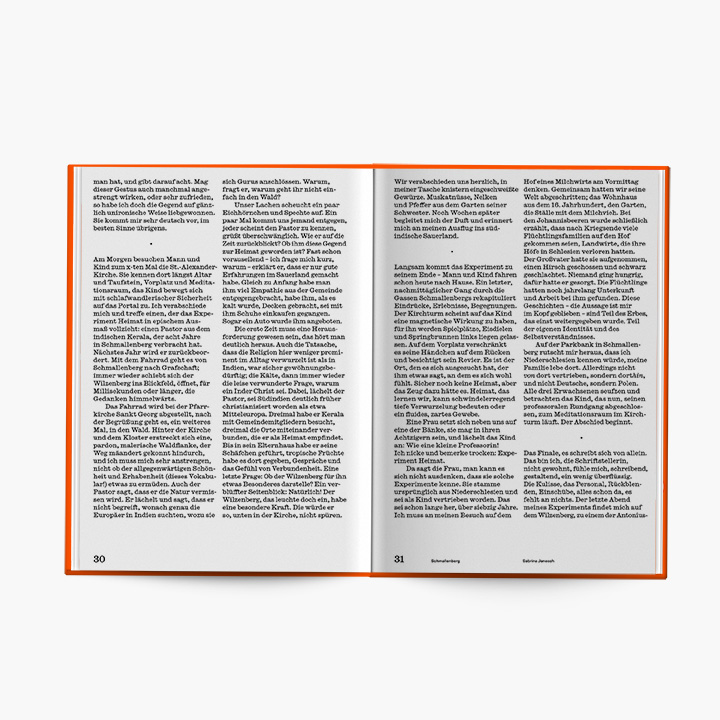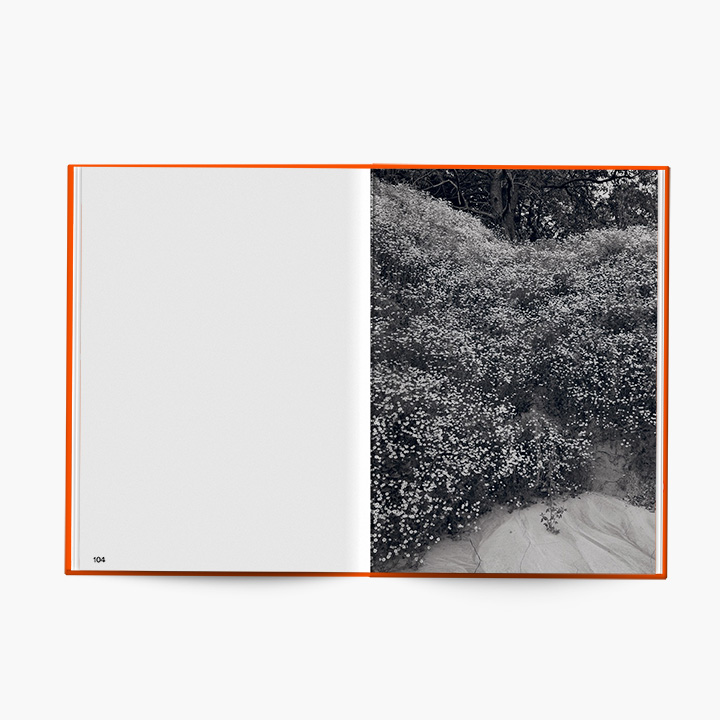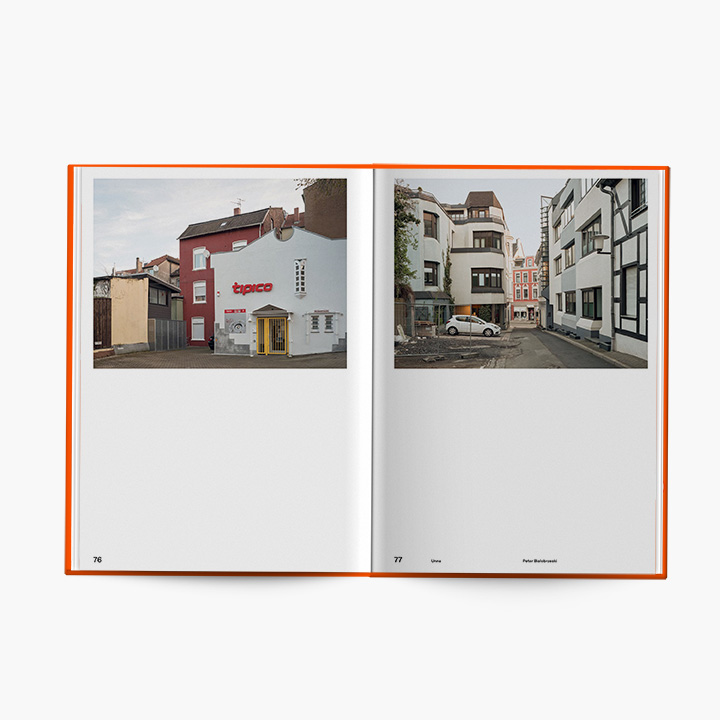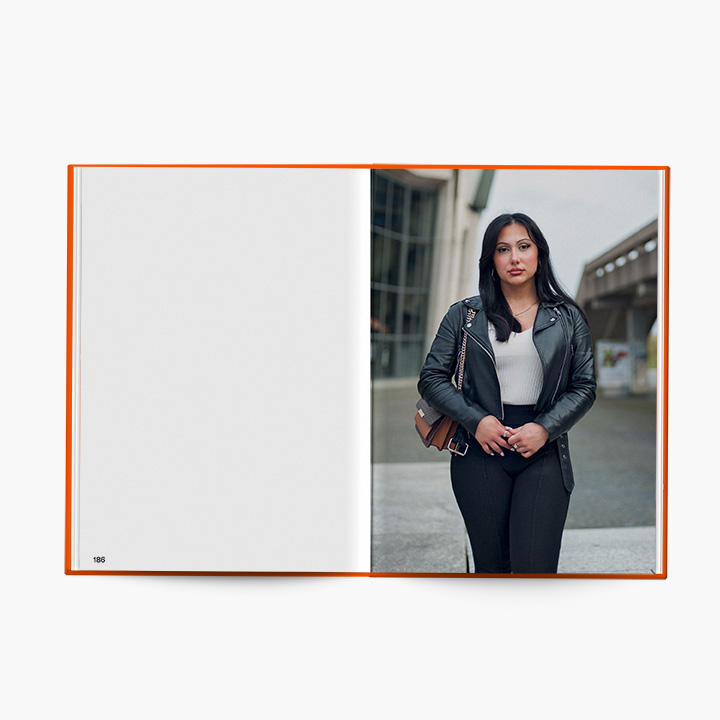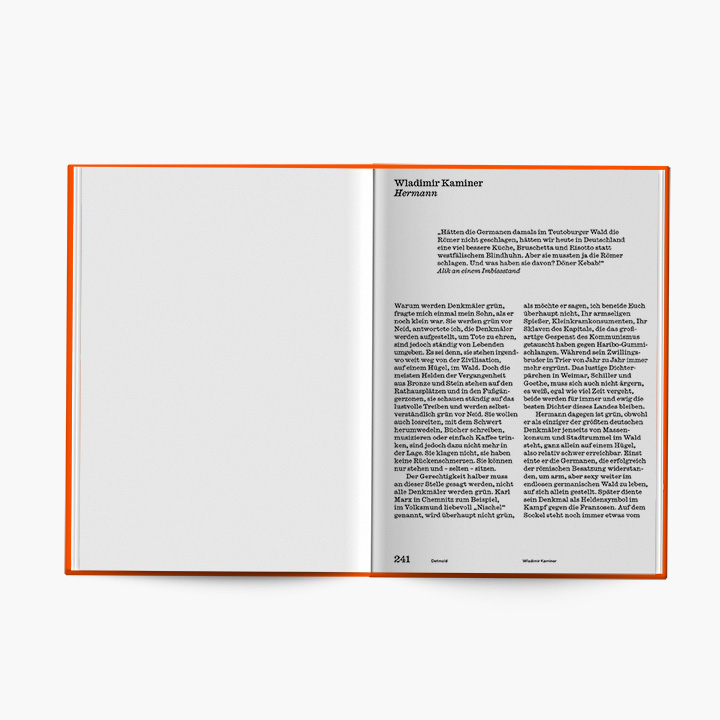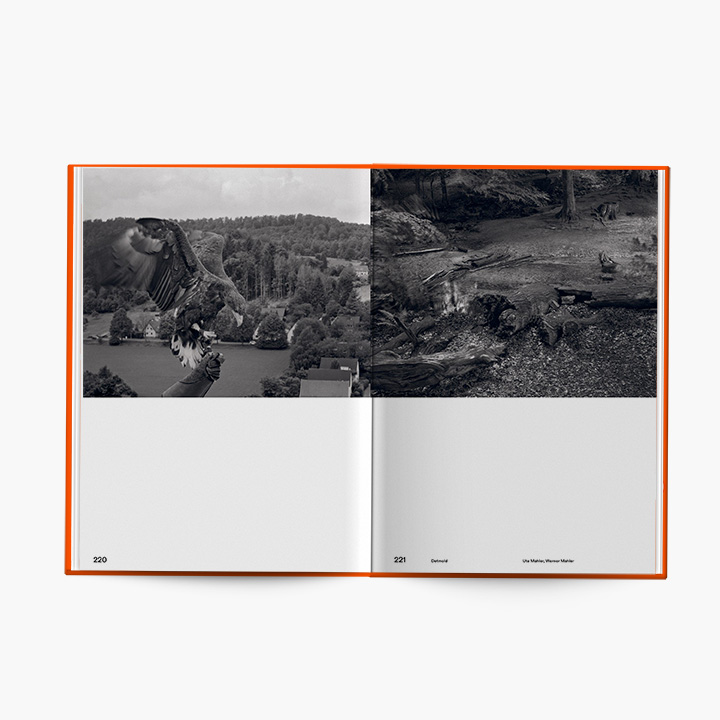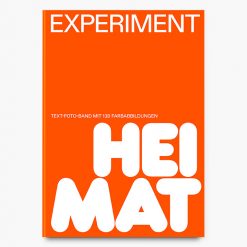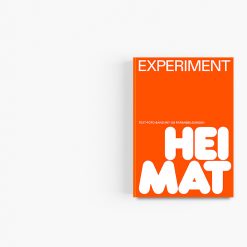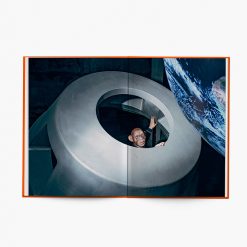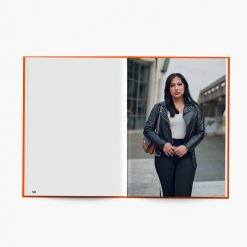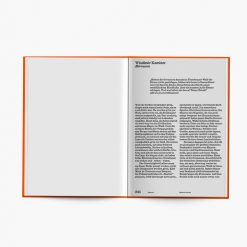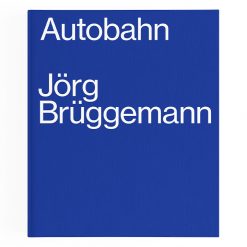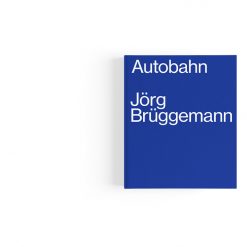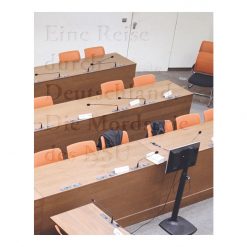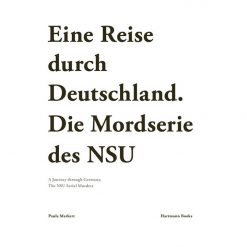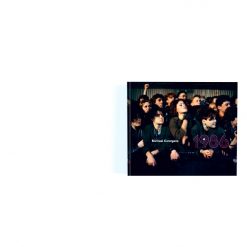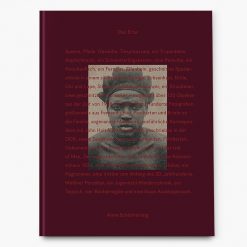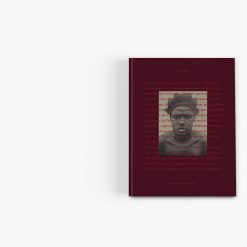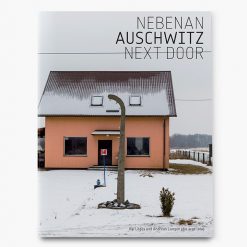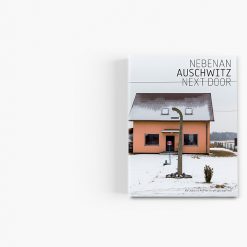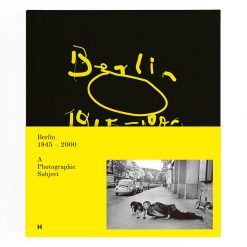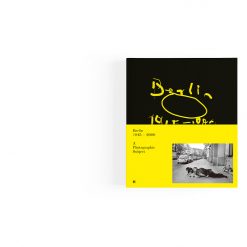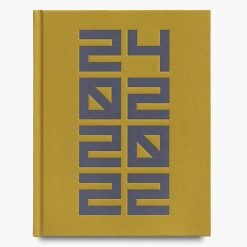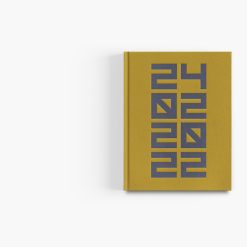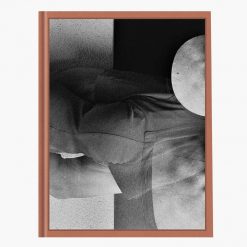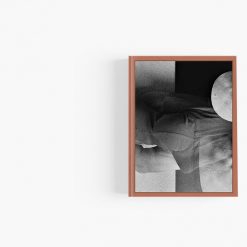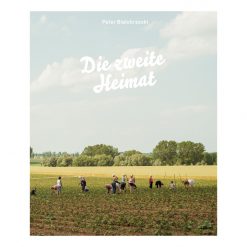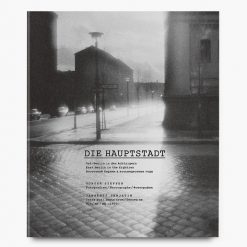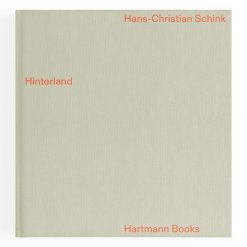Experiment HEIMAT
€ 28.00
incl. VAT plus shipping costs
17 × 24 cm
280 pages, 138 ills.
Ed.: Westfälisches Literaturbüro in Unna in collaboration with Peter Bialobrzeski
Introduction by Heiner Remmert
German
Design: NODE, Berlin Oslo
Softcover with flaps, including a sticker set
ISBN 978-3-96070-084-5
Sold out, last copies
Description
Does Heimat, the German term for »homeland,« refer to an emotion or a place? Is it where we grew up or where we live now? Does it even exist anymore? Is it a utopia worth striving for or an idea to be dismissed? Is it an inescapable destiny or something we create for ourselves? Is there only one Heimat, or are there many versions of it? These are questions posed by the photography and literature project Experiment HEIMAT. Curated by photographer Peter Bialobrzeski and the Westphalian Office for Literature Office, the book presents the visual and literary contributions of renowned authors and photographers who were invited to participate in the project. In 2021 they traveled to nine different sites in Westphalia that embody Heimat for Germans, including the Hermannsdenkmal monument, the Henrichenburg ship hoist in Waltrop, the Henrichshütte smeltery in Hattingen, and Ruhr University in Bochum. In an exchange with locals, club organizations, and tourists, they investigated the meaning those groups ascribe to each place. The main issue was to what extent the outside view overlaps with the self-perception of Westphalians. The result is a highly diverse mix of artistic interpretations that challenge the notion of Heimat and often take it to absurd lengths.
Image and text authors: Hatice Akyün, Helene Bukowski & Jörg Brüggemann (football in Dortmund), Safiye Can & Aleksandra Weber (Ruhr University Bochum), Nora Gomringer & Nikita Teryoshin (Henrichshütte smeltery in Hattingen / Henrichenburg ship hoist), Lütfiye Güzel & Loredana Nemes (Widukindcity of Enger), Sabrina Janesch & Christina Stohn (villages around Wilzenberg mountain in Schmallenburg), Wladimir Kaminer & Ute and Werner Mahler (Hermannsdenkmal monument and Teutoburg Forest near Detmold), Sharon Dodua Otoo & Peter Bialobrzeski (Unna), Fatma Uzun, Najem Wali & Alem Kolbus (castles in the Coesfeld district).
Exhibitions
Kolvenburg Billerbeck, 10.04. – 15.05.2022
Zeche Zollern Industriemuseum, Dortmund, 20.05. – 19.06.2022
